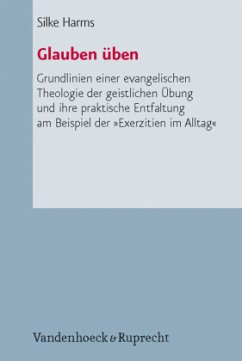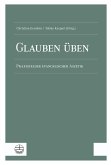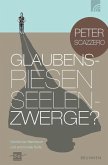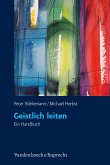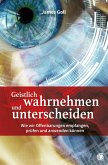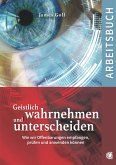Asceticism, the teaching of religious practicing, was long neglected by practical theology. The question whether it is at all possible to "practice" one´s faith was less the problem than the question how to learn to believe. In this volume the author studies the meaning of practicing for Protestant theology and religious life. She proves that the transfer of substance of faith today necessarily means practicing Christian tenets. As an example she uses the course model entitled "Everyday Exercises," which stems originally from Jesuit circles and became popular among Protestants in the 1990s. She examines the path this method of religious exercises took before it became part of Protestant practice, and shows that it can now rightly be considered part of the Protestant tradition. Based on an extensive study of the writings of Martin Luther and Friedrich Schleiermacher the author points out the importance of these two theologians for Protestant asceticism today. Religious practicing within the Protestant Church is marked by a relational-communicative approach: The goal is not to become a "master," but to be transformed by encountering the living God. Practicing occurs in the polarity between individuality and sociality, between activity and passivity, between everyday life and special events and places. Protestant asceticism has as its goal to keep all three dimensions in perspective and not to be limited by the one or other influence.
Hinweis: Dieser Artikel kann nur an eine deutsche Lieferadresse ausgeliefert werden.
Hinweis: Dieser Artikel kann nur an eine deutsche Lieferadresse ausgeliefert werden.

